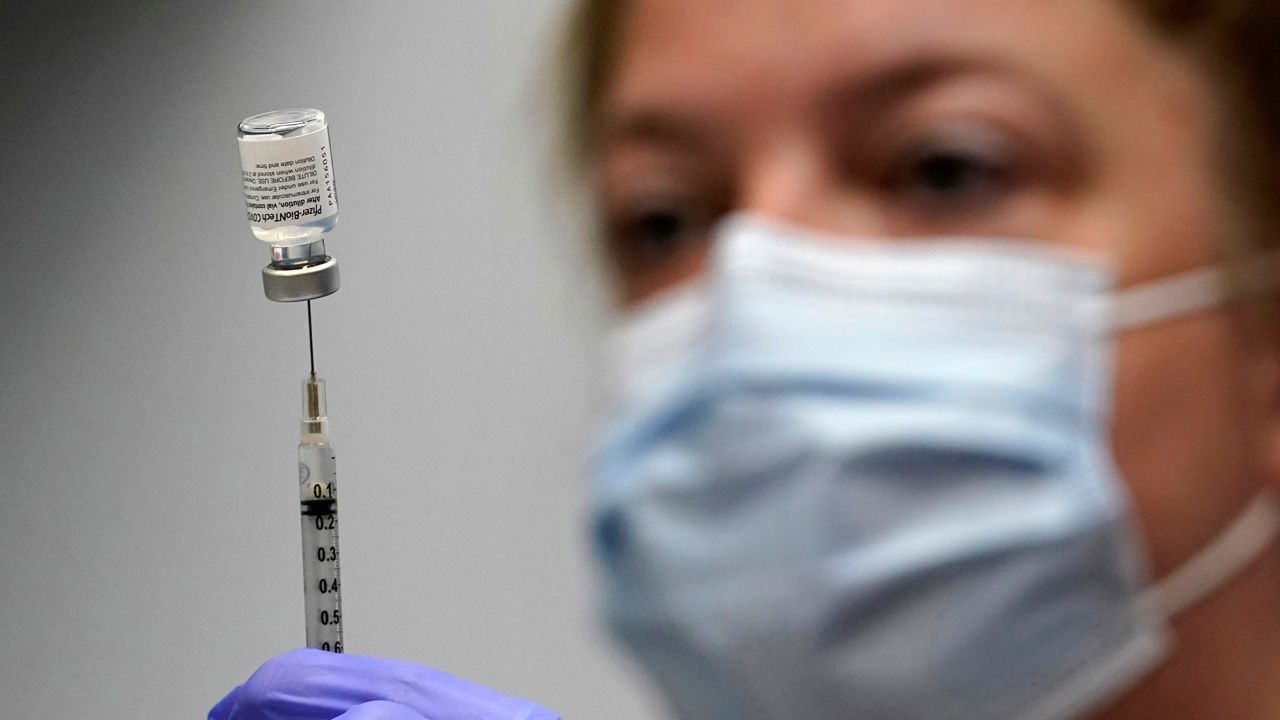Fully vaccinated people with substance use disorders are more likely to experience breakthrough cases of COVID-19 than inoculated people who have not struggled with addiction, a new study says.
What You Need To Know
- Fully vaccinated people with substance use disorders are more likely to experience breakthrough cases of COVID-19 than inoculated people who have not struggled with addiction, a new study says
- Researchers found that 7% of vaccinated individuals with substance use disorders, compared to 3.6% of vaccinated people without substance use disorders.
- The study suggests that the increased risk of breakthrough cases is largely due to co-occurring health conditions and socioeconomic factors known to be more common in people with substance use disorders
- The researchers, however, stressed that their analysis found that the rate of breakthrough infections is still very low in people who have struggled with addiction
Researchers with the National Institute on Drug Abuse and Case Western Reserve University in Cleveland analyzed health records of nearly 580,000 fully vaccinated people in the United States from Dec. 1, 2020, to Aug. 14 of this year. They found that 7% of vaccinated individuals with substance use disorders — which include excessive alcohol, marijuana, cocaine, opioid and tobacco use — developed breakthrough coronavirus cases, compared to 3.6% of vaccinated people without substance use disorders.
Their findings were published Wednesday in the medical journal World Psychiatry.
The study suggests that the increased risk of breakthrough cases is largely due to co-occurring health conditions and socioeconomic factors known to be more common in people with substance use disorders.
The researchers, however, stressed that their analysis found that the rate of breakthrough infections is still very low in people who have struggled with addiction.
"We must continue to encourage and facilitate COVID-19 vaccination among people with substance use disorders, while also acknowledging that even after vaccination, this group is at an increased risk and should continue to take protective measures against COVID-19,” NIDA Director Dr. Nora D. Volkow, one of the lead authors on the study, said in a news release.
People with substance use disorders also have elevated risk of hospitalization and death following breakthrough infections, the study found.
The researchers said individuals with substance use disorders who received the Pfizer-BioNTech vaccine were nearly 50% more likely to be infected than those who were vaccinated with the Moderna shots. Johnson & Johnson was not examined due to a small sample size.
Research early in the pandemic linked substance abuse with higher rates of COVID-19 infections and severe outcomes including hospitalization and death. The researchers sought to determine how that same group fared after vaccination.
“These results emphasize that, while the vaccine is essential and effective, some of these same risk factors still apply to breakthrough infections,” said Rong Xu, a professor at Case Western Reserve’s Center for Artificial Intelligence in Drug Discovery. “It is important to continuously evaluate the effectiveness of COVID-19 vaccines and the long-term effects of COVID-19, especially among people with substance use disorders.”
The risk of breakthrough infections varied slightly among the different substances used — from 6.8% for tobacco up to 7.8% for marijuana, the analysis found.
When comorbidities and adverse socioeconomic characteristics were controlled for, the study found that people with substance use disorders no longer had elevated risks of breakthrough cases with one exception: Fully vaccinated people with cannabis use disorder were still 55% more likely to be infected than someone with no substance use affliction.
The authors believe the adverse effects of marijuana on lung and immune function are likely the reason why.



